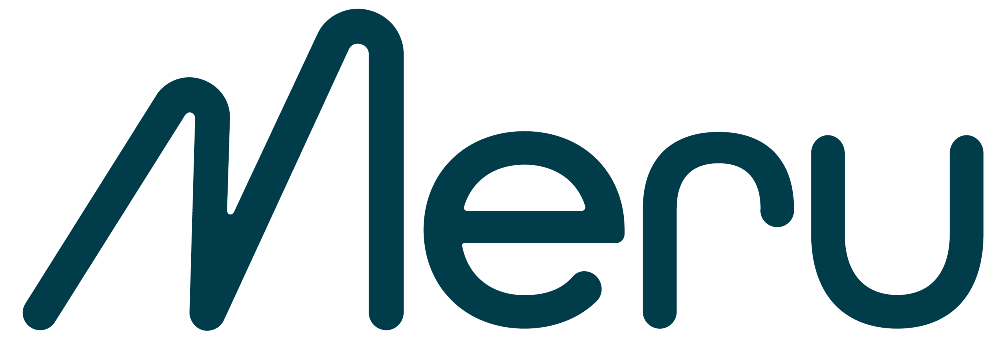
As we grow older, many of us begin to notice small changes in how we think or remember things. You may walk into a room and forget why you’re there, struggle to find the right word, or forget someone’s name just when you need it.
These moments can feel unsettling. But the truth is, not all memory lapses mean something is wrong. And even more importantly, there’s a lot you can do to slow down cognitive decline and keep your brain healthy and active.
What Is Cognitive Decline?
Cognitive decline refers to a gradual decrease in the brain’s ability to process information effectively. It might show up as:
- Forgetting familiar names or tasks
- Taking longer to find the right word
- Trouble focusing or remembering details
- Feeling mentally foggy or slow
These changes are common, but they don’t always mean dementia or serious illness. The brain is capable of learning, healing, and growing at any stage of life. This is called neuroplasticity, your brain’s ability to form new connections, even in your 60s, 70s, and beyond.
Common Causes of Cognitive Slowdown After 50
While aging plays a role, several lifestyle and emotional factors can speed up mental fog or forgetfulness. Some of the most common are:
- Reduced mental stimulation (not learning new things)
- Ongoing stress or worry
- Lack of structure or purpose
- Poor sleep or diet
- Decreased physical activity
- Social isolation
- Medical conditions like diabetes, high blood pressure, or depression
Understanding what affects your brain gives you power, because many of these can be improved.
How Your Thoughts Shape Your Brain
Every thought you think sends signals through your brain. If you’re constantly thinking, “I’m getting old and forgetful,” your brain starts accepting that as truth and behaves accordingly.
But if you tell yourself, “I’m learning new ways to stay sharp,” your brain opens new mental pathways to support that belief.
Your daily mindset, emotions, and habits all shape the way your brain functions. And yes, you can retrain them.
Signs of Early Cognitive Changes
Noticing the following doesn’t mean something is wrong, but they’re signs your brain may need a little more care and attention:
- Forgetting familiar names or common words more often
- Trouble focusing on a task or following instructions
- Misplacing things more frequently
- Feeling “foggy” or mentally tired
- Finding it harder to keep up in conversations
Use these signs as motivation to take action, not as a reason to worry.
What You Can Do to Keep Your Brain Sharp
Here are simple, effective habits that support cognitive wellbeing after 50:
1. Keep Your Brain Active
Think of your brain like a muscle; the more you use it, the stronger it gets.
Try:
- Learning something new (language, music, art, or even technology)
- Playing puzzles, word games, or memory challenges
- Daily journaling to reflect and recall
- Trying activities with your non-dominant hand to spark new brain pathways
Also, use a Mental Bank Journal, a bedtime writing habit where you review your day, list positive actions, and set a small intention for tomorrow. This trains your subconscious to keep growing.
2. Reshape Unhelpful Thinking
One powerful way to protect your brain is to challenge thoughts that create stress or disempower you.
Use the ABC Model:
- A – Activating Event: “I forgot someone’s name.”
- B – Belief: “I must be losing my mind.”
- C – Consequence: You feel anxious or ashamed.
Now flip the belief:
- “Forgetting a name is normal. I’m still mentally strong, and I can support my brain daily.”
Changing your beliefs helps reduce stress, and stress is a major factor in cognitive decline.
3. Manage Daily Stress
Chronic stress harms the brain’s memory centers. Relaxing your body and calming your mind can make a huge difference.
Try:
- Deep breathing: Inhale for 4 counts, hold for 4, exhale for 6. Repeat 5 times.
- Self-hypnosis or guided relaxation: Listen to calming audio or imagine a peaceful place.
- Mindful breaks: Spend 5 minutes simply observing your surroundings without judgment.
4. Move Your Body
Physical activity is one of the best things you can do for brain health.
It increases blood flow to your brain, supports mood, and helps you sleep better. You don’t need intense workouts, a brisk walk, gentle yoga, or even dancing count.
Try:
- Walking 20–30 minutes daily
- Stretching or balance exercises
- Light strength training using household items
5. Feed Your Brain Right
What you eat affects how your brain functions.
Focus on:
- Leafy greens (like spinach and kale)
- Berries and nuts
- Omega-3-rich foods (like walnuts, flaxseeds, or fish)
- Plenty of water
- Reducing sugar and processed foods
And don’t forget: Sleep matters. Aim for 7–8 hours of sleep. Avoid screens before bed and create a relaxing bedtime routine.
6. Stay Social and Connected
Your brain loves conversation and connection.
- Call or meet a friend regularly
- Join a local group, book club, or senior activity center
- Share stories with younger family members
- Volunteer or mentor, your wisdom is valuable
Even small interactions stimulate memory and language areas in the brain.
7. Track Your Progress
Keep a simple “Brain Health Journal” to build awareness and motivation.
Each day, note:
- What new thing did I try or learn today?
- Did I feel mentally clear or foggy?
- What thought helped me feel more confident?
- How did I care for my body and mind?
You’ll start noticing patterns and progress.
When to Seek Support
It’s wise to speak to a doctor or mental health professional if:
- You’re finding it harder to manage daily tasks
- Memory loss is increasing rapidly
- You feel confused or disoriented often
Support is available, and seeking it early can make a big difference.
Final Thoughts: Your Brain Is Listening
Every thought you repeat, every habit you build, and every small act of care you take… tells your brain how to grow.
Cognitive decline doesn’t have to be your story.
You can choose thoughts that uplift, routines that support, and actions that help your brain stay flexible, active, and sharp.
It’s never too late to take care of your mind.
*Images have been generated using AI tools





